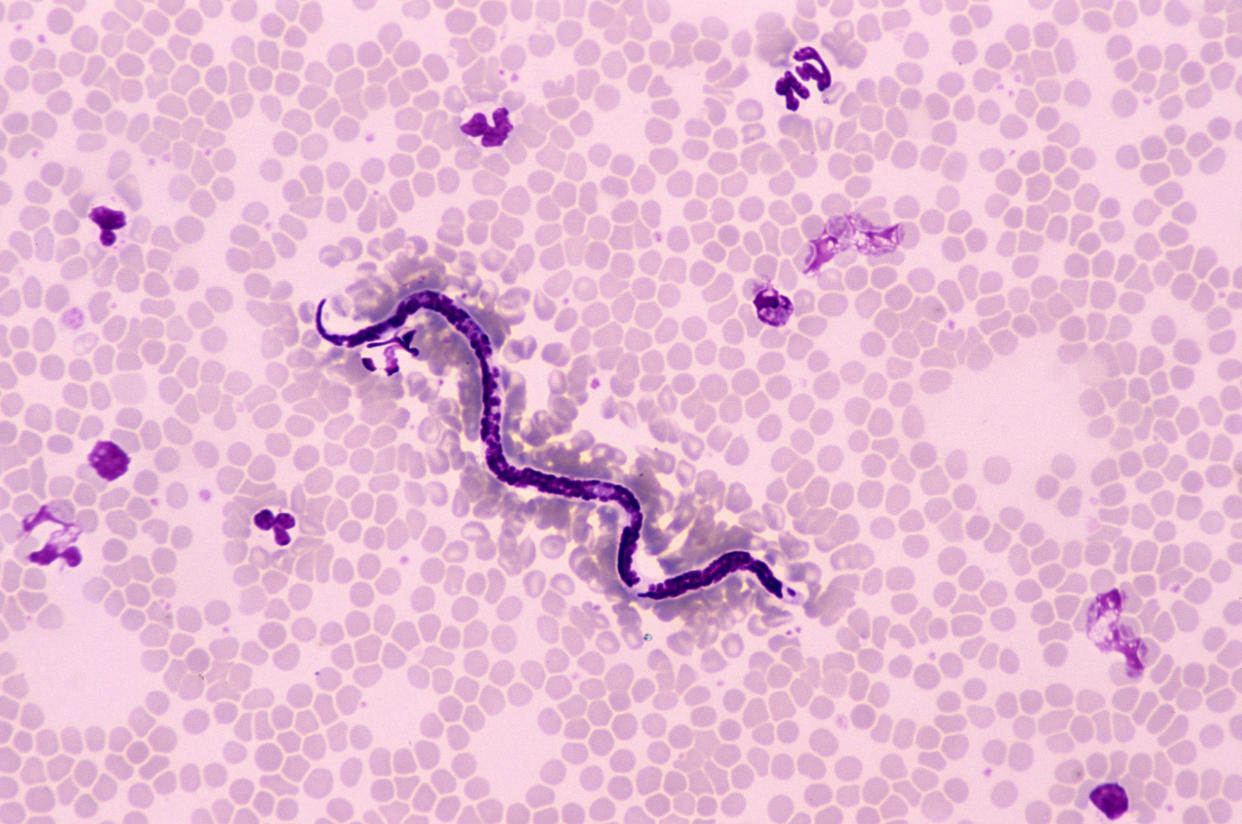New species should not be named after celebs ‘in case they are cancelled’

What do celebrities and parasitic worms have in common? Worms named after scientists and celebrities are causing problems, a new study has shown.
In fact, the study suggests, people should stop naming species after celebrities at all — due in part to the risk that the celeb will go on to be cancelled, besmirching the name of an innocent creature.
The names chosen to be ‘immortalised’ in the name of a parasitic worm are also disproportionately male, the study found.
Parasitologist Robert Poulin and his team analysed the names of 2,900 parasitic worms discovered between 2000 and 2020.
Read more: Why economists worry that reversing climate change is hopeless
"We … found a consistent gender bias among species named after eminent scientists, with male scientists being immortalised disproportionately more frequently than female scientists," the researchers wrote.
"Finally, we found that the tendency for taxonomists to name new species after a family member or close friend has increased over the past 20 years."
The researchers found that out of 596 species named after scientists, just 111 (19%) were women.
"When choosing to name a species after an eminent researcher in the field, one should aim for inclusivity with respect to gender, ethnicity, or any other facet of human diversity," they wrote.
Scientists, especially taxonomists, rarely receive the recognition they deserve, therefore honouring them by dubbing new species after them is a just reward. However, this practice must lead to a fair representation of the scientific community.
"In particular, there is no justification for repeatedly naming species after the same individual; certainly, a researcher whose name is already immortalised in the Latin name of two or three species does not need further eponymous recognition."
Read more: A 1988 warning about climate change was mostly right
The researchers were also scathing about the practice of naming newly-found animals after celebrities.
To give one example, Arachnophobia star Jeff Daniels has a tarantula-killing nematode worm – Taranarantobelus jeffdanielsi - named after him.
Poulin wrote: "Naming new species after celebrities such as politicians, athletes or artists should be done with caution, if not avoided altogether. This practice can attract media coverage and draw public attention to the importance of species discovery and biodiversity.
"It is unlikely that a famous politician or artist will appeal to everyone among cultures, across generations or socio-political divides, or over time.
"One person's hero is another's villain, and even celebrities that are widely acclaimed today can fall from grace tomorrow, leading to ‘nomenclatural regret’ for those who immortalised their name in a species."
Watch: Denver researcher discovers new worm species


